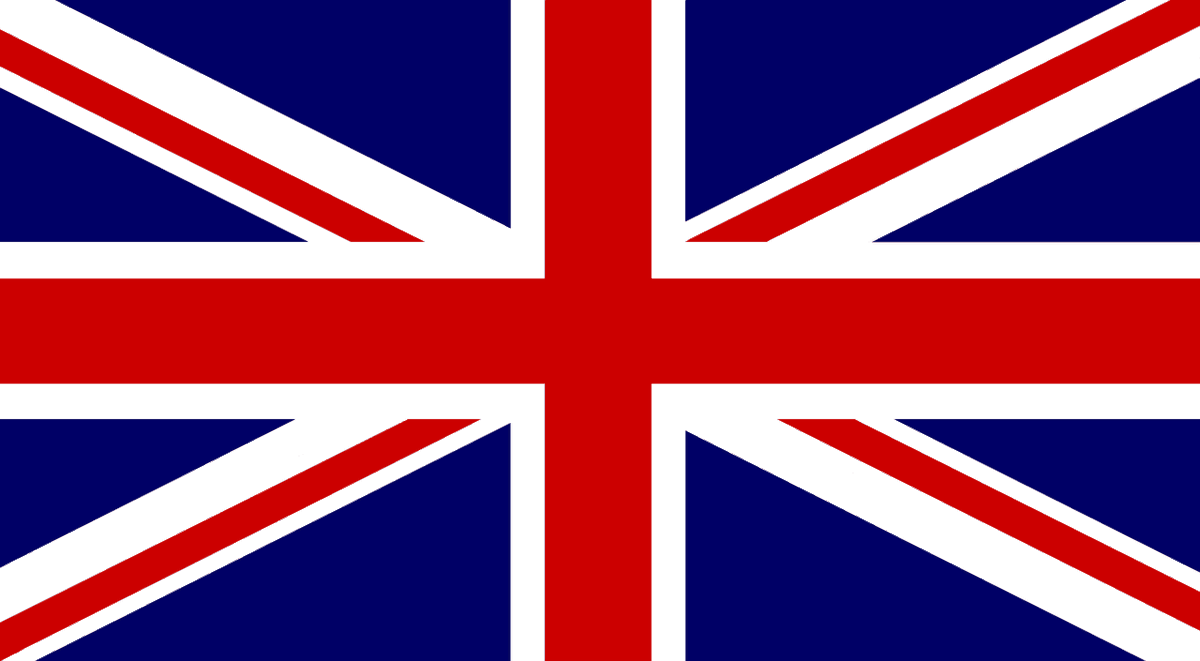Uddrag fra bbc.com
Parliament results
Counting under way. After 597 of 650 seats declared.
Change compared with 2019
Labour
- Total seats 392
- Change +193
- Total votes 9,062,501
- Share 34.4%
- Share change +1.4
Conservative
- Total seats 103
- Change -224
- Total votes 6,091,368
- Share 23.2%
- Share change -19.6
Liberal Democrat
- Total seats 64
- Change +57
- Total votes 3,144,047
- Share 12.0%
- Share change +0.6
Scottish National Party
- Total seats 7
- Change -38
- Total votes 647,096
- Share 2.5%
- Share change -1.3
Sinn Fein
- Total seats 7
- Change 0
- Total votes 191,850
- Share 0.7%
- Share change +0.1
Independent
- Total seats 5
- Change +5
- Total votes 509,209
- Share 1.9%
- Share change +1.4
Reform UK
- Total seats 4
- Change +4
- Total votes 3,765,672
- Share 14.3%
- Share change +12.1
Plaid Cymru
- Total seats 4
- Change +2
- Total votes 194,811
- Share 0.7%
- Share change +0.2
Democratic Unionist Party
- Total seats 4
- Change -2
- Total votes 149,360
- Share 0.6%
- Share change -0.1
Green
- Total seats 3
- Change +2
- Total votes 1,794,414
- Share 6.8%
- Share change +4.1
Social Democratic & Labour Party
- Total seats 2
- Change 0
- Total votes 79,940
- Share 0.3%
- Share change -0.1
Alliance Party
- Total seats 1
- Change 0
- Total votes 108,969
- Share 0.4%
- Share change 0.0
Ulster Unionist Party
- Total seats 1
- Change +1
- Total votes 87,466
- Share 0.3%
- Share change 0.0
uddrag fra FT.com
The result, according to the FT, is “momentous for Britain and will resonate around the world” because at a time when right-wing populists are advancing in many countries, political power in the UK has swung back to a liberal, internationalist, centre-left party.
But Labour’s victory was projected to be delivered on a smaller share of the vote than the 40% secured by leftwing Labour leader Jeremy Corbyn in his 2017 general election defeat — suggesting the public remains sceptical.
Labour’s shadow foreign secretary David Lammy warned: “If we do not deliver for working people, we will be out and nationalists will be on our tails.” He added: “That’s the lesson we have seen around the world.” Meanwhile, Nigel Farage’s Reform UK was projected to do better than expected with 13 seats, a result that would be a big breakthrough for his right-wing populist party.
The first two constituencies to report results on Thursday evening, both in the north of England, showed Labour wins with Reform in second place.
Labour’s victory is a personal triumph for Starmer, who took over the party’s leadership in 2020 after the party’s worst election defeat in almost a century. His projected victory is similar in scale to Sir Tony Blair’s 1997 Labour landslide.
That said, while the Ipsos exit poll is usually a reliable predictor of overall results, the final result may still differ. Vote counts from individual constituencies will trickle in through the night, with Labour, if the polls are correct, likely to have a clear majority by 5am.
According to the exit survey, the centrist Liberal Democrats was on course to win 61 seats, close to the 62-seat record set by the party in 2005. The Lib Dems are forecast to make big gains in the Tory “blue wall” of rich constituencies in the south of England. The Scottish National party was set to come behind Labour in Scotland with just 10 seats, according to the exit poll, putting a serious dent in the party’s dream of securing independence.
The survey exposed the overwhelming sentiment reported by candidates from all parties that Britain wanted “change”, with many senior Tories admitting during the campaign that the party looked exhausted. The UK has been under Conservative rule for 14 years, during which time there have been five prime ministers, with a near catastrophic banking and bond market crisis erupting during the brief reign of Liz Truss. The period was marked by economic austerity, Brexit, the coronavirus pandemic and an energy price shock.
Former Tory minister Sir Jacob Rees-Mogg said it was “clearly a terrible night” and added that the Conservatives had taken votes for granted.
Starmer is set to become only the seventh Labour prime minister in the party’s history, and his victory is the first since 2005 for the center-left party. Labour last ousted the Tories from power in 1997, when Tony Blair became prime minister in a crushing victory over John Major’s Tories. He will move into 10 Downing Street on Friday and immediately form his cabinet, with an instruction to ministers to quickly deliver policies to jolt Britain out of its low-growth torpor.
The exit poll indicated that Starmer’s avowedly pro-growth, pro-business agenda has paid off, as Labour bucked international political trends. Far-right parties have performed strongly in recent elections for the European and French parliaments, while in the US, Donald Trump is leading in polls for the presidential race.
Labour’s chancellor-in-waiting Rachel Reeves has said she hopes investors will now see the UK as a “safe haven” although once the UK unleashes the next spending spree to fund all the various welfare projects, we fully expect another quick funding crisis and even more QE.
Starmer has promised to work with business to stimulate growth, with an agenda that includes planning reform and state investment in green technology. Labour will also pursue a traditional agenda of reforms to worker rights.
As for outgoing PM Sunak, the result is a personal disaster. He chose to hold an early election on July 4 — against the advice of his campaign chief Isaac Levido — and ran an error-strewn six-week attempt to turn around his party’s fortunes.
The party’s projected total of 131 seats is lower than the party’s worst-ever result of 156 in 1906. Starmer’s expected seat haul is close to the 418 seats won by Tony Blair in his 1997 landslide victory.
A number of senior Tory figures are expected to lose their seats on a night of devastation, reducing the cast list of potential contenders for the party leadership if, as expected, Sunak stands down. Among the cabinet ministers deemed to be at risk by the exit poll are Penny Mordaunt, Jeremy Hunt, James Cleverly, Kemi Badenoch and Grant Shapps, with results due in their seats in the early hours.










